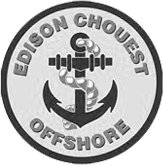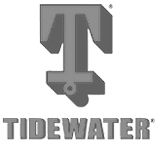Offshore Accidents
Over $1 Billion RECOVERED For Maritime Accident Victims
Most Common Types of Offshore Accidents
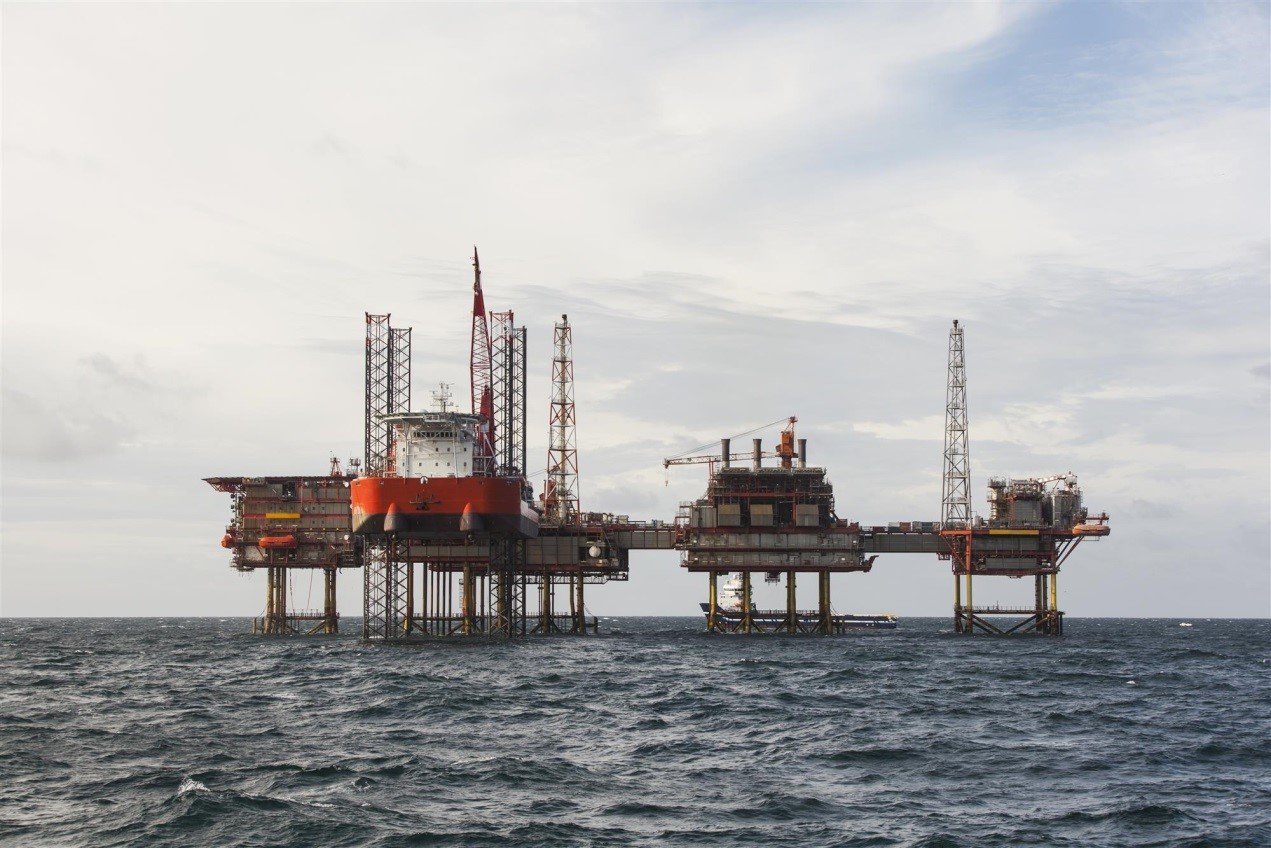
Offshore jobs can be very lucrative. They can also be very dangerous. Personnel who work on a vessel far out at sea typically face a number of life-threatening hazards on a daily basis—everything from malfunctioning equipment that suddenly endangers everyone nearby, to simple trip-and-fall accidents that result in deadly tumbles from great heights.
The simple fact is that offshore personnel must contend with a much broader range of threats than most of us realize. Consequently, offshore workers are susceptible to a harrowing variety of injuries: skin burns, crushed limbs, hearing loss, spinal cord damage, vision impairment, and more.
Many of these incidents are never even reported to the proper authorities, as unethical employers often attempt to evade punitive actions by covering up accidents when possible. What follows is a more detailed exploration of the kinds of dangers that can be found out in the ocean.
Severe Weather Conditions
Mother Nature is especially harsh to offshore workers. A hurricane or high winds may put oil rig personnel at serious risk—and there’s no easy way to evacuate from the area when meteorological conditions become severe. Inclement weather can lead to all kinds of problems. It increases the odds that personnel will suffer a dangerous fall—or even topple off the vessel completely.
Heavy chains and equipment may get knocked out of their normal position, which poses an obvious safety hazard to anyone in the area. Containers of toxic materials may spill open. Adverse weather conditions are the direct or indirect cause of many serious accidents among offshore personnel.
Malfunctioning Equipment
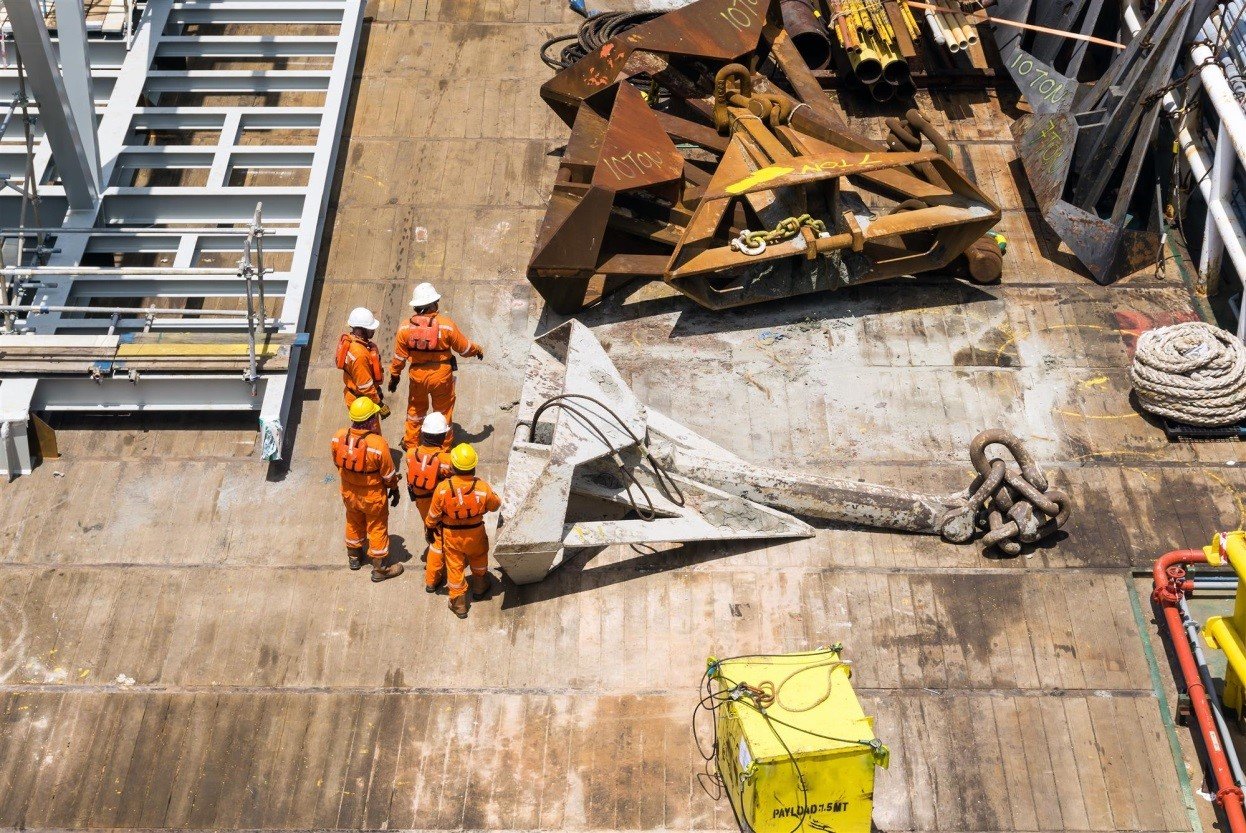
A lot of oil rig personnel work long shifts—it’s not unheard-of for employees to go 24 hours straight. In this hectic environment, harried rig personnel may overlook certain safety procedures, such as ensuring that equipment is properly inspected at periodic intervals. As a result, fixable mechanical issues eventually get out of hand, with potentially dangerous results.
Another serious hazard comes from mobile or moving equipment that can strike an individual with great force. It’s not uncommon for offshore workers to get their hand or arm caught in equipment with movable parts. Sometimes workers end up pinned between two pieces of large equipment, crushing a limb or even causing death. Similarly, personnel may sustain severe head injuries from overhead cranes, cables, and chains that drop or swing unexpectedly.
Explosive Materials
Cargo tankers often transport highly flammable materials that could trigger an explosion under certain conditions. For example, oil spilling onto heated equipment may ignite, with explosive results. That’s bad enough, but the danger doesn’t just come from the explosion itself, which may be reasonably limited in impact but can easily ignite combustible fumes or other nearby materials. This may release toxic fumes or gases into the immediate environment and cause harm to the eyes or lungs of nearby personnel; some airborne toxins can even be fatal when inhaled.
Collisions involving two or more vessels might also trigger an explosion if ignitable materials, such as gasoline, are aboard at least one of the ships.
An explosion can set off a fire; a fire can set off an explosion. All it takes is a moment of negligence to instigate a cascading series of events that results in massive damage and potentially human casualties as well.
Slip and Fall
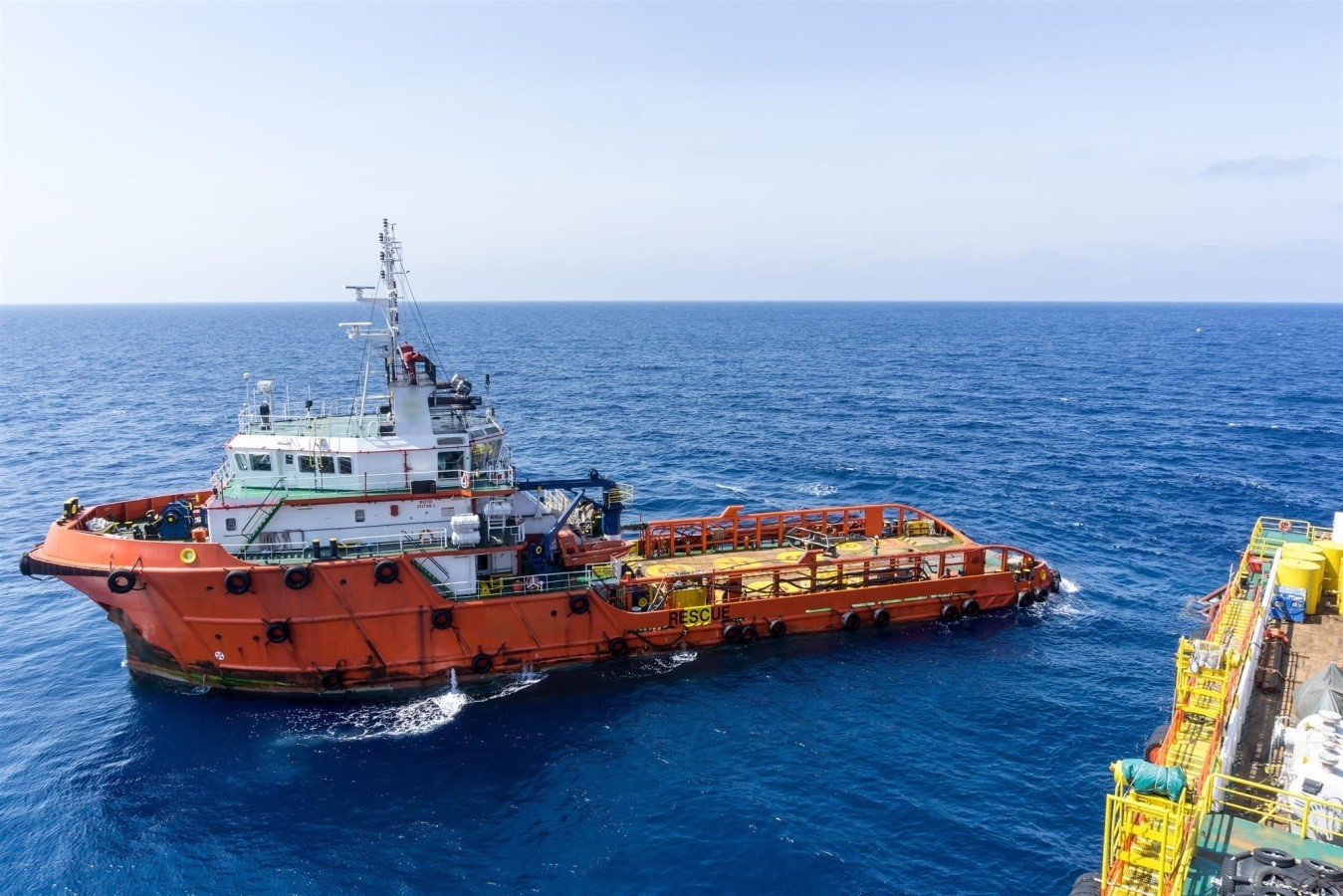
For obvious reasons, the walking surfaces on seafaring vessels tend to get wet. This poses an equally obvious safety risk to personnel making their way from one area of the vessel to another. Slip-and-fall accidents are fairly common among offshore workers, and the consequences can be significantly more serious than a typical fall at home.
A fall into an open hatch can lead to major, even life-threatening injury, such as damage to the brain or spine. Falls from elevated surfaces and/or moving platforms are particularly hazardous. Even when offshore personnel is aware of these dangers, the need for haste, coupled with growing fatigue during a long shift, may easily result in an injury that otherwise would be avoidable. This is another threat that can be aggravated by bad weather, which can suddenly knock personnel off-balance.
Transportation Incidents
Sometimes, major personal injuries don’t occur on offshore vessels—they take place on transportation vehicles traveling to or from the workplace. In fact, this is easily the most common type of fatal accident among offshore workers.
Out of these incidents, the most common are helicopter accidents. Helicopter accidents at sea—often triggered by equipment failure or hazardous weather conditions—are frequently fatal, as crew members may drown in the waters even if they manage to survive the impact of the crash. Other transportation vehicles, such as small boats, account for the remainder of these incidents.
Tugboat Accidents
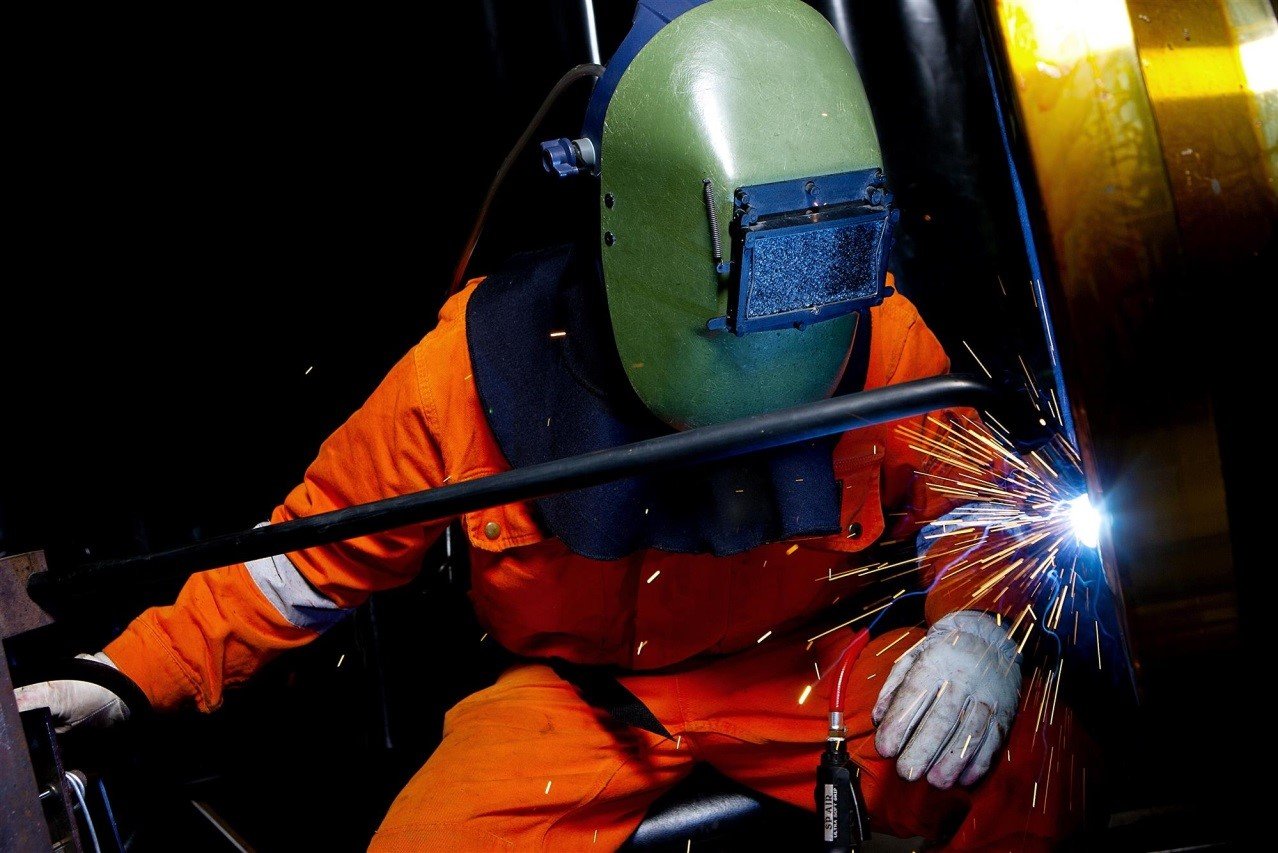
Tugboats are among those seafaring vessels that are covered by maritime laws governing personal injury. These powerful but relatively tiny vessels pull larger ships that cannot move independently or need help navigating through certain areas. Because of their small size, tugboats can be devastated in the event of a collision with another boat, which may not even see it in time to avoid disaster.
The unique construction of tugboat hulls can place these ships in danger should they attempt to maneuver through the open seas. In addition, tugboat tow cables often must bear enormous strain and a sudden breakage could mean catastrophe. Tugboat crews are also as susceptible as other maritime workers, if not more so, to the varied dangers of working on an offshore vessel: severe weather conditions, deadly falls, and so on.
What to Do in the Event of an Offshore Accident
It should be clear by this point that maritime workers face a broad range of dangers as part of their everyday duties. Injuries and fatalities are tragically much more common in this line of work than is typical for the average American.
For many who are injured in the line of work, the misery is compounded by widespread unawareness of legal protections afforded to them; as we have mentioned, a significant number of accidents are kept under wraps and never officially reported. It doesn’t have to be this way, however. Maritime and other offshore personnel who become injured are protected by a number of laws designed to compensate them appropriately and safeguard their rights.
Maritime injury law is distinct from conventional personal injury law, and it is governed by a network of legislation specifically aimed at this industry. These laws include the Jones Act, which provides seamen with remuneration should they become injured on a marine vessel; the Longshore and Harbor Workers’ Compensation Act (LHWCA), which grants disability payments to maritime workers who are not covered by the Jones Act; the Death on the High Seas Act (DOHSA), intended to distribute recompense to the families of individuals who died, due to their employer’s negligence, while on a vessel over three nautical miles from shore; and the Outer Continental Shelf Lands Act (OCSLA), designed to extend worker protections to encompass lands under U.S. jurisdiction beyond state coastal waters.
Pressing an injury claim is far from a straightforward affair. To navigate your way through this patchwork of legislation, it’s best to have a personal injury attorney with specific experience with maritime laws. At Schechter, Shaffer & Harris, L.L.P., we have assembled some of the top personal injury lawyers in the region.
We have dealt with many maritime cases in the Gulf of Mexico coastal region, and our list of clients includes individuals from all fifty states. Contact us at 1-800-836-5830 or send an e-mail to info@smslegal.com to arrange a free consultation. Maintenance and Cure is here to help you with your maritime injury claim.
Companies We’ve Taken On And Won
Featured In:
News Outlets and Professional Awards

Free Case Evaluation
No Obligation, In-Depth Case Review






